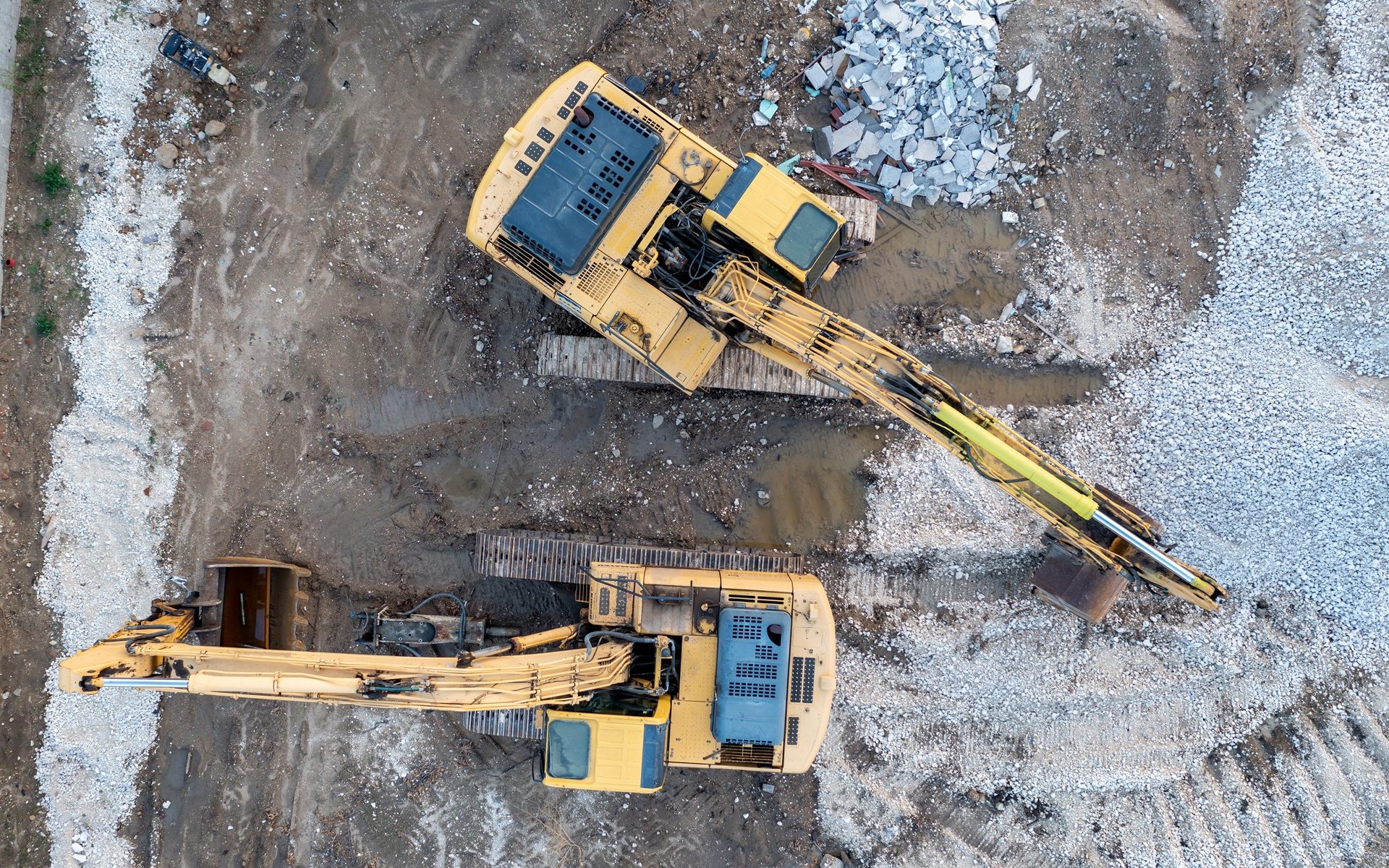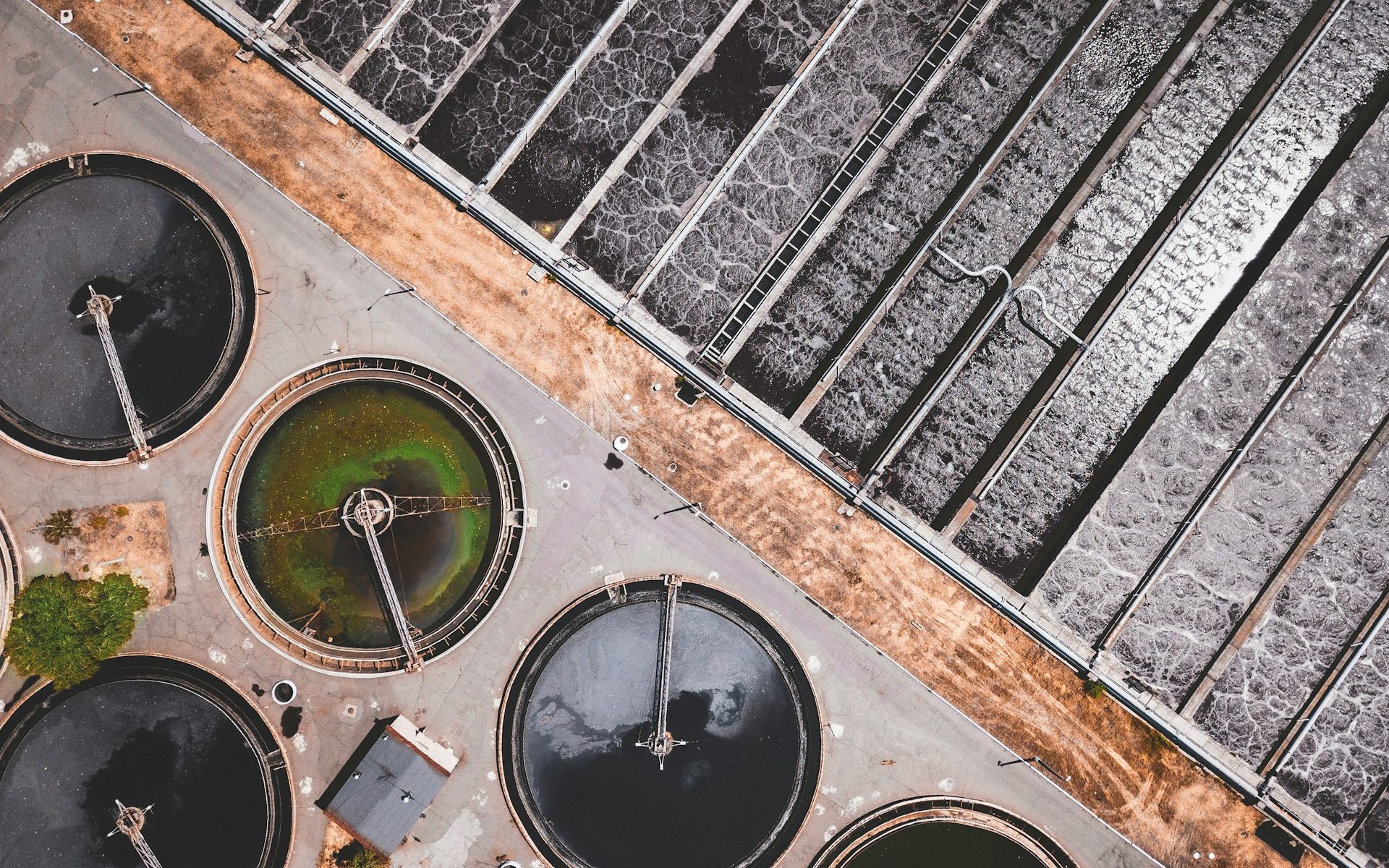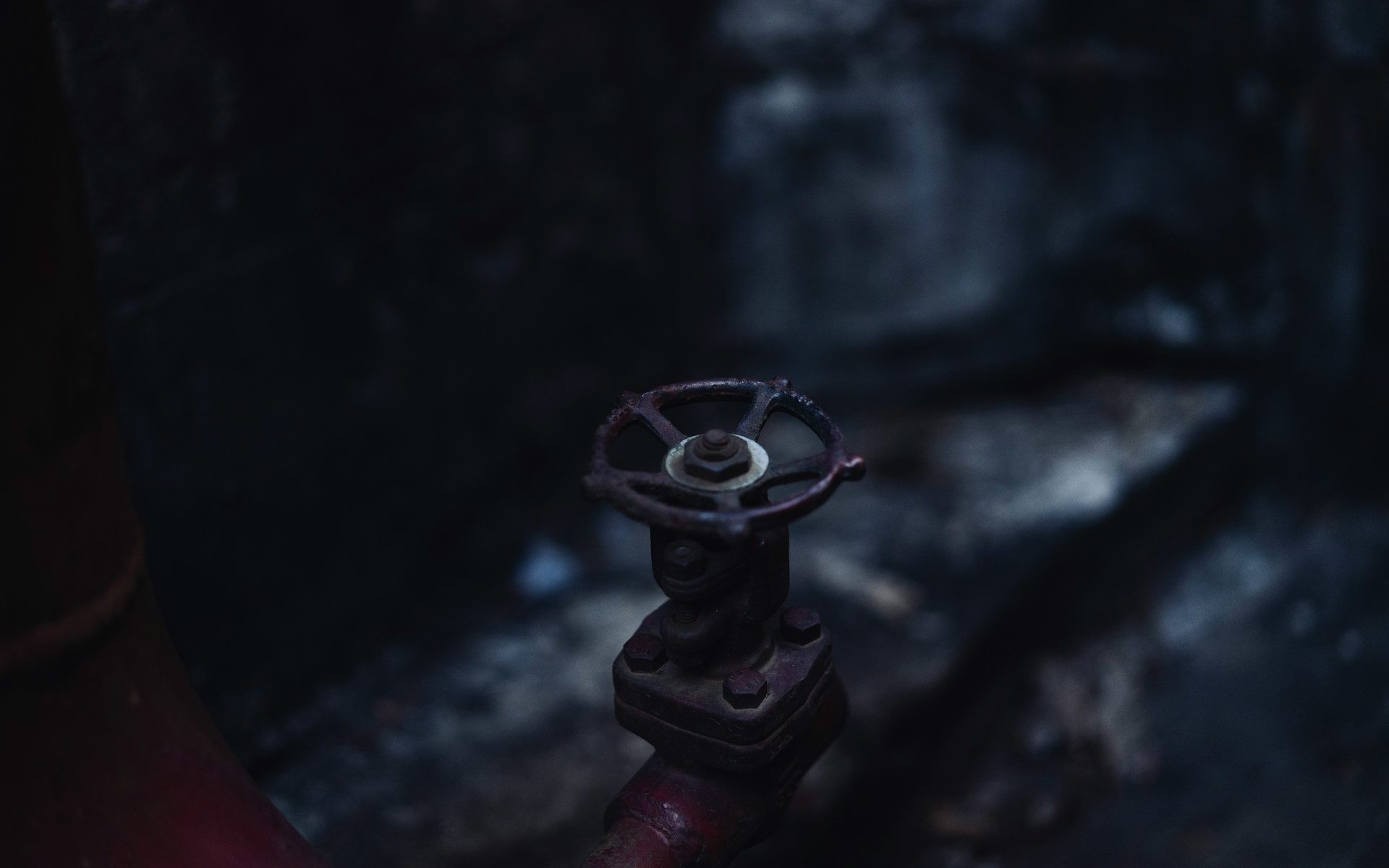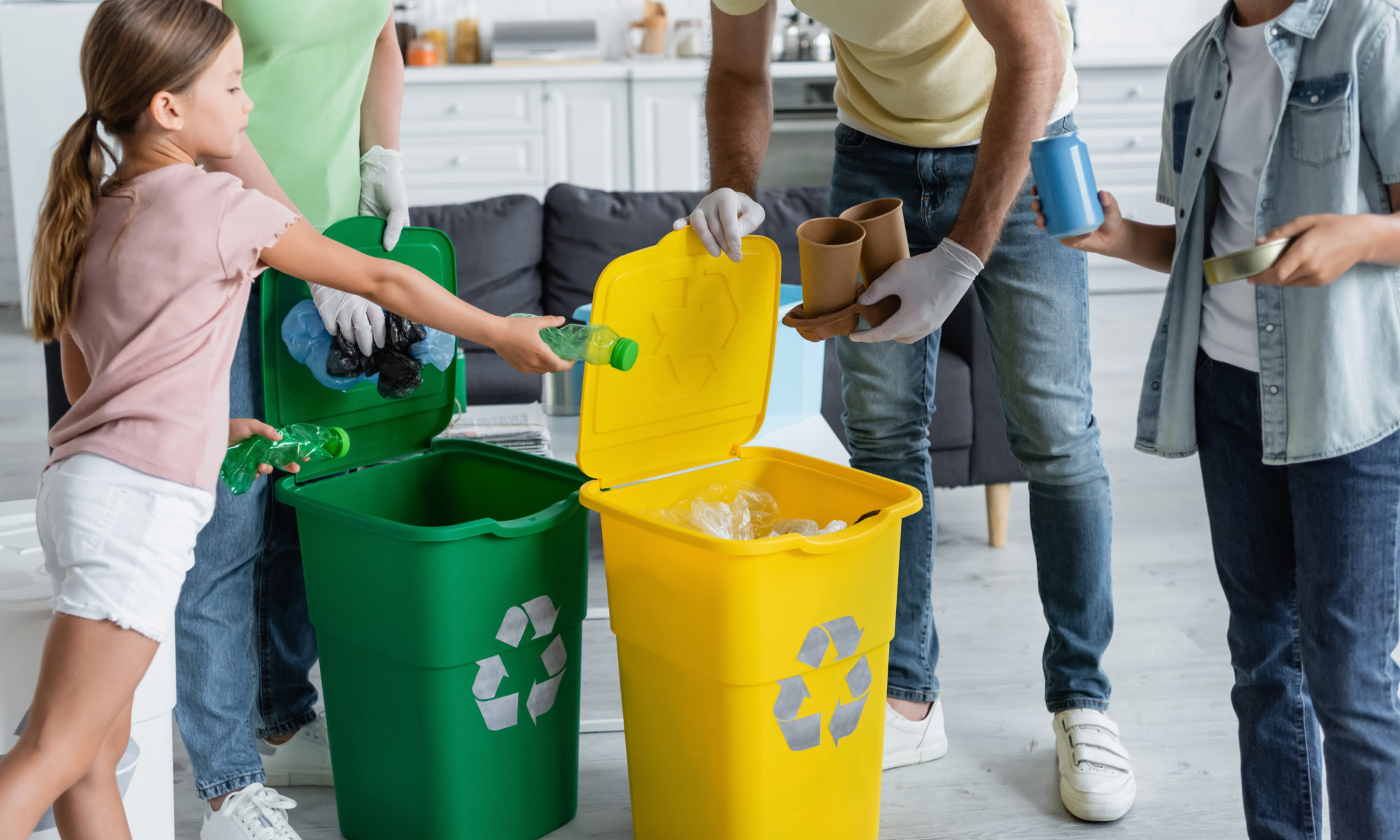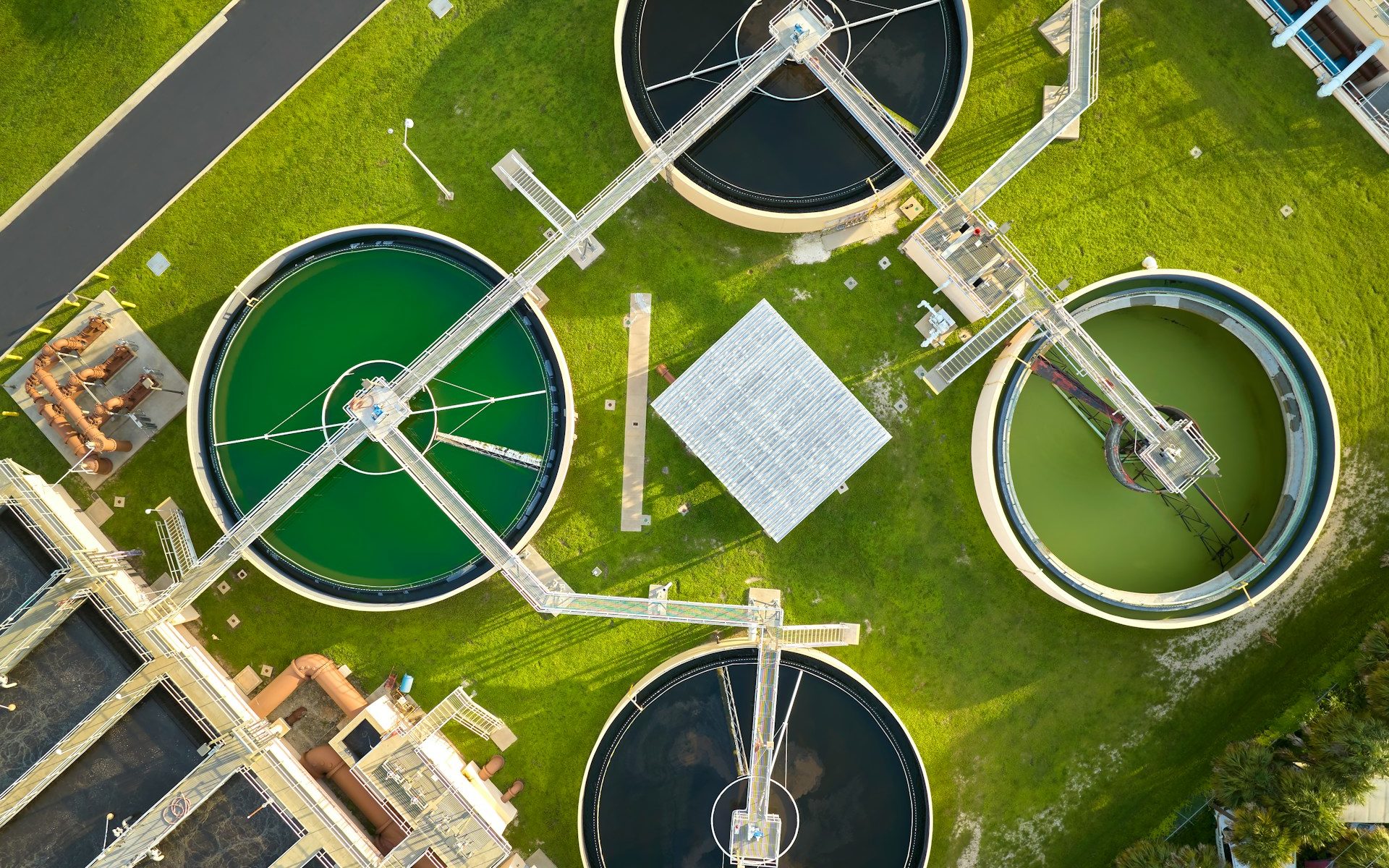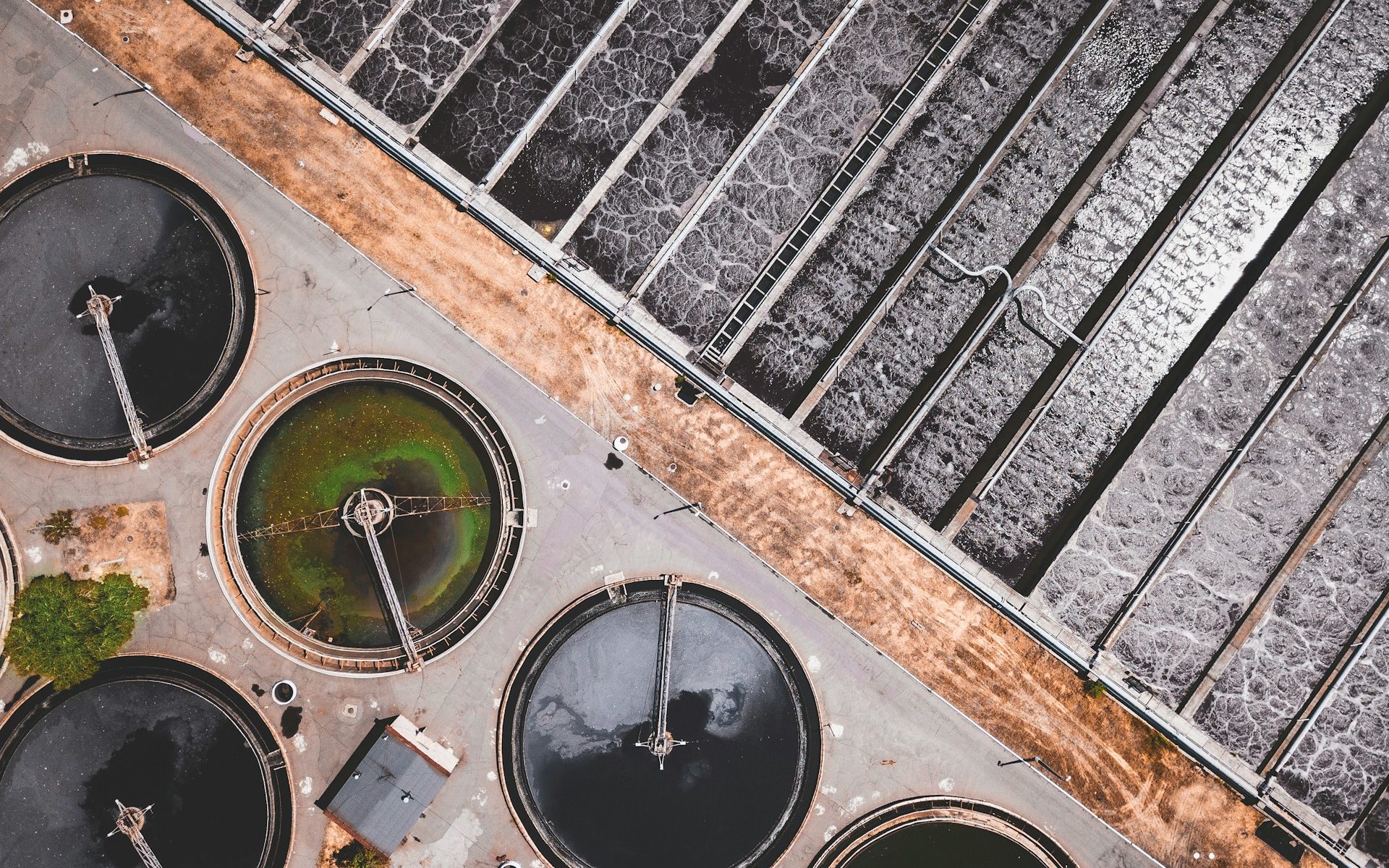The construction industry generates significant amounts of liquid waste, ranging from process wastewater to hazardous materials such as oil, solvents, and chemicals. Effective management of liquid waste on construction sites is crucial to ensure the environmental impact is minimised, and regulatory compliance is maintained. With stringent regulations in place and the ever-increasing focus on sustainability, construction project managers must remain vigilant and adopt best practices in liquid waste management.
Navigating the complexities of construction site liquid waste management can be challenging, given the diverse range of waste materials and site-specific environmental considerations. However, partnering with professional liquid waste management services like WASTECO can provide the expertise, resources, and support needed to meet these challenges head-on.
Challenges in Construction Site Liquid Waste Management
Managing liquid waste on construction sites can be a complex process, with various challenges arising from the nature of the waste materials, site conditions, and regulatory requirements. Key challenges include the following:
- Diverse Range of Liquid Waste Materials
- Managing and Containing Spills and Leaks
- Navigating the Regulatory Landscape
- Ensuring Eco-friendly Disposal Practices
Diverse Range of Liquid Waste Materials: A Comprehensive Approach
Construction projects generate a wide variety of liquid waste materials, ranging from process wastewater to hazardous substances like solvents, fuels, and chemicals. Each type of waste material requires specific handling, transport, and disposal practices to meet regulatory compliance and minimise environmental impact. Consequently, an effective liquid waste management strategy must consider the unique characteristics of each waste stream, as well as the specific requirements for their proper management.
Key steps in managing diverse liquid waste materials include the following:
- Identifying and segregating different waste streams according to material type, hazards, and disposal requirements
- Implementing appropriate containment, storage, and handling procedures for each waste material
- Collaborating with professional liquid waste management services to ensure proper waste treatment and disposal
Managing and Containing Spills and Leaks: Timely and Efficient Responses
Construction activities often pose a risk of accidental spills and leaks, which can result in significant environmental damage if not promptly contained and managed. Effective spill response and containment measures are crucial to mitigate potential harm to surrounding ecosystems and comply with regulatory standards.
Critical aspects to consider when managing spills and leaks on construction sites include the following:
- Implementing site-specific spill response plans outlining roles, responsibilities, and procedures
- Providing adequate spill containment equipment, such as spill kits, absorbents, and barriers
- Regularly training site personnel on spill response procedures and emergency protocols
Navigating the Regulatory Landscape: Staying Informed and Compliant
The disposal of liquid waste from construction sites is governed by stringent regulatory requirements aiming to protect the environment and public health. Navigating these regulations can be challenging for construction project managers, who must be aware of the relevant standards, permits, and guidelines involved to ensure compliance.
Key areas of focus when dealing with the regulatory landscape for construction site liquid waste management include the following:
- Familiarising with national, state, and local regulations governing the disposal of various liquid waste materials
- Obtaining necessary permits and authorisations for waste storage, transport, and disposal
- Monitoring regulatory changes and updates affecting liquid waste management and disposal practices
Ensuring Eco-friendly Disposal Practices: Embracing Sustainable Solutions
Construction project managers have an increasing responsibility to minimise the environmental impact of their activities, including liquid waste management. Implementing eco-friendly waste disposal practices can contribute to a project’s sustainability goals, improve public perception, and reduce the likelihood of regulatory breaches.
Some strategies for promoting eco-friendly disposal practices on construction sites include the following:
- Utilising advanced treatment technologies that reduce environmental impact and facilitate resource recovery
- Implementing waste reduction and recycling practices within construction processes
- Partnering with professional liquid waste management services committed to sustainable waste disposal solutions
The Role of Professional Liquid Waste Management Services: Expertise, Resources, and Support
Engaging the services of professional liquid waste management companies like WASTECO can significantly streamline the process of managing construction site liquid waste, providing invaluable expertise, resources, and support to ensure appropriate management and disposal practices aligned with regulatory standards.
The benefits of partnering with professional liquid waste management services include the following:
- Expert guidance on waste management procedures, regulations, and best practices
- Access to specialised equipment and solutions for liquid waste treatment and disposal
- Timely waste removal and disposal services, reducing project delays and downtime
Conclusion
Construction site liquid waste management is a complex yet essential aspect of maintaining regulatory compliance and minimising environmental impact. By facing the challenges head-on, staying well-informed of the regulatory landscape, and partnering with professional liquid waste management services like WASTECO, construction project managers can ensure the successful and sustainable management of diverse liquid waste materials.
Contact WASTECO today to enlist our professional liquid waste disposal in Perth and leverage our expertise, experience, and commitment to eco-friendly waste disposal practices for your construction project. Let’s work towards a greener, cleaner future for the construction industry and the environment as a whole.


